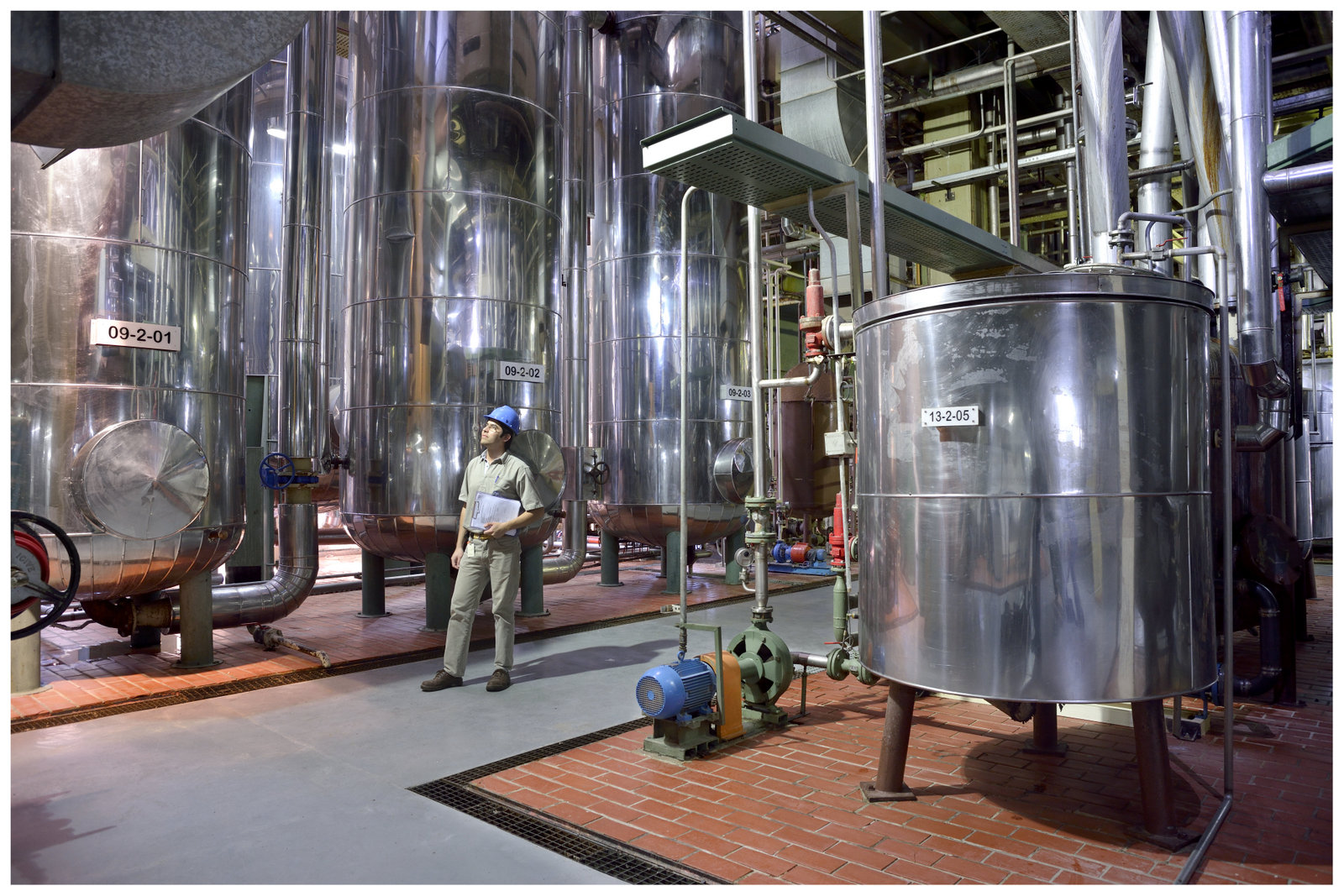Qualification
Qualified Human Resources.
AGD management is convinced that the main asset of any company is its people. Based on this premise, it encourages the development and qualification of its human resources so that they can share the philosophy that has inspired the company's policy for more than 70 years. It permanently invests in training its over 2500 employees, while it promotes programs to increase their living standard particularly in the areas of housing, education and health. AGD has reached a high standard of professionalism in its staff, and constantly offers staff members access to higher management positions within the group under a teamwork-oriented leadership philosophy.
Integration
The integration of production processes.
AGD group is an integrated agricultural-industrial complex, ruled by a matrix-type organizational framework whose target is the achieving of the highest possible level of management efficiency.
Thus, organized into its four business units - Grains and Oilseeds, Peanuts, Brands and Agricultural and Livestock Exploitation -and in association with eight more companies - Terminal 6 S.A., T6 Industrial, Guide S.A., Nuevo Central Argentino S.A., Graneles Andinos S.A., Cerealista Moldes S.A., Barbero Cereales S.A and Agroaval S.G.R. - it has managed to integrate all the stages of production, ranging from farming of its own lands or in association with farmers up to the processing of raw materials, finished products, rail transport and export shipments.
Supplying
Seed Origination.
Within the guidelines of AGD there is a strong belief in the need to guarantee permanent supply and storage of raw materials so as to achieve the greatest possible process efficiency.
Thus, the overall working methodology enables supply of the major part of the seed from owned or rented lands or lands in prime Argentine production areas exploited under partnership schemes with third parties, leading to a wide and efficient origination network for oilseeds that effectively guarantees supply.
Innovation
Technology innovation.
From the start, AGD staked its efforts in ongoing technology innovation, convinced of the need to adapt its processes to the cost and production requirements that an industry must meet in order to be competitive. To do this, over the years it expanded and modernized its installed production capacity, both in its industrial plants and storage facilities as well as in techniques and last-generation equipment.
This currently valid viewpoint is strongly adopted by those who today form part of AGD’s management team.
Vocation
A real competitive vocation.
From the date of its founding in 1948 up to present times, AGD has faced constantly changing conditions in the sector, the Argentine economy and the world market. Its protagonists sharply noticed the need for being flexible where the raw material supply is availabe, and of adapting processes, costs and productivity required by this activity to be competitive.
Thus, they were convinced that the natural comparative advantages of the local countryside had to be enhanced through an integrated, modern and competitive agricultural industry. Currently this premise remains valid, orienting the daily decisions of the oilseed processing company in the sense of promoting stronger competitiveness by diversifying its business and business-related activity with greater added value.




